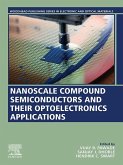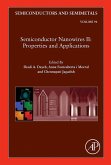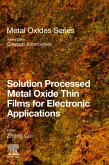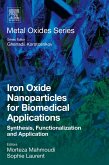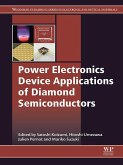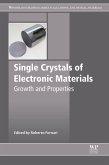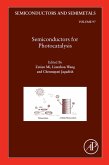This book is an important reference source for early-career researchers and practicing materials scientists and engineers seeking a greater understanding on how nanoscience can be used in modern industries.
- Provides a detailed overview of how nanoscience is used to increase product efficiency in a variety of fields, from agribusiness to medicine,
- Shows how nanoscience can help product developers increase product performance whilst reducing costs
- Illustrates how nanoscience has been used innovatively in a great variety of disciplines, giving those working in many different industries ideas as to how nanoscience might answer important questions
Dieser Download kann aus rechtlichen Gründen nur mit Rechnungsadresse in A, B, BG, CY, CZ, D, DK, EW, E, FIN, F, GR, HR, H, IRL, I, LT, L, LR, M, NL, PL, P, R, S, SLO, SK ausgeliefert werden.



